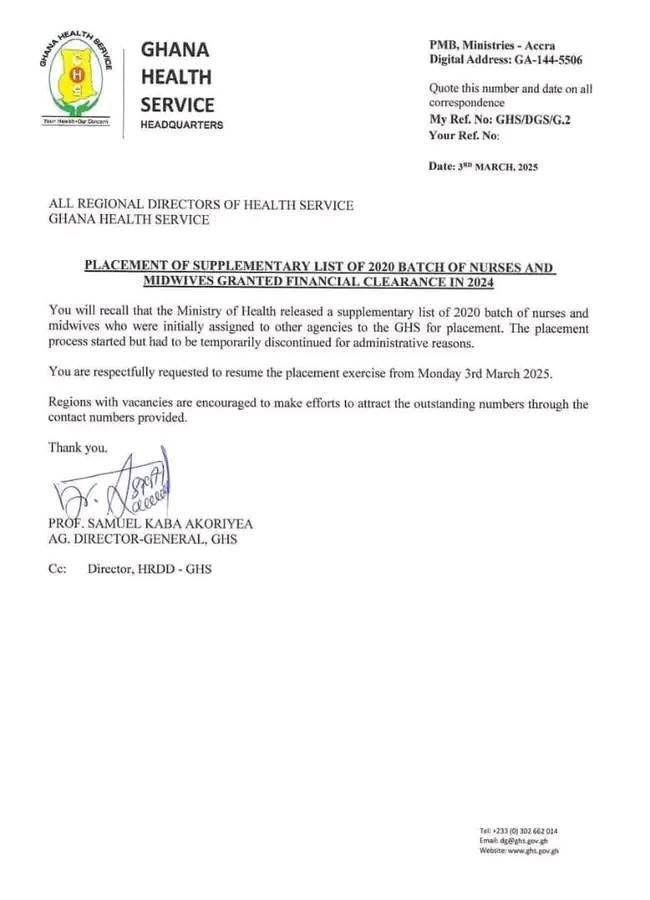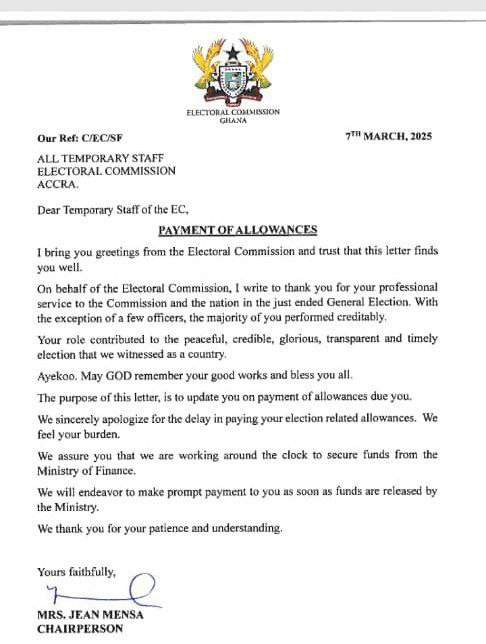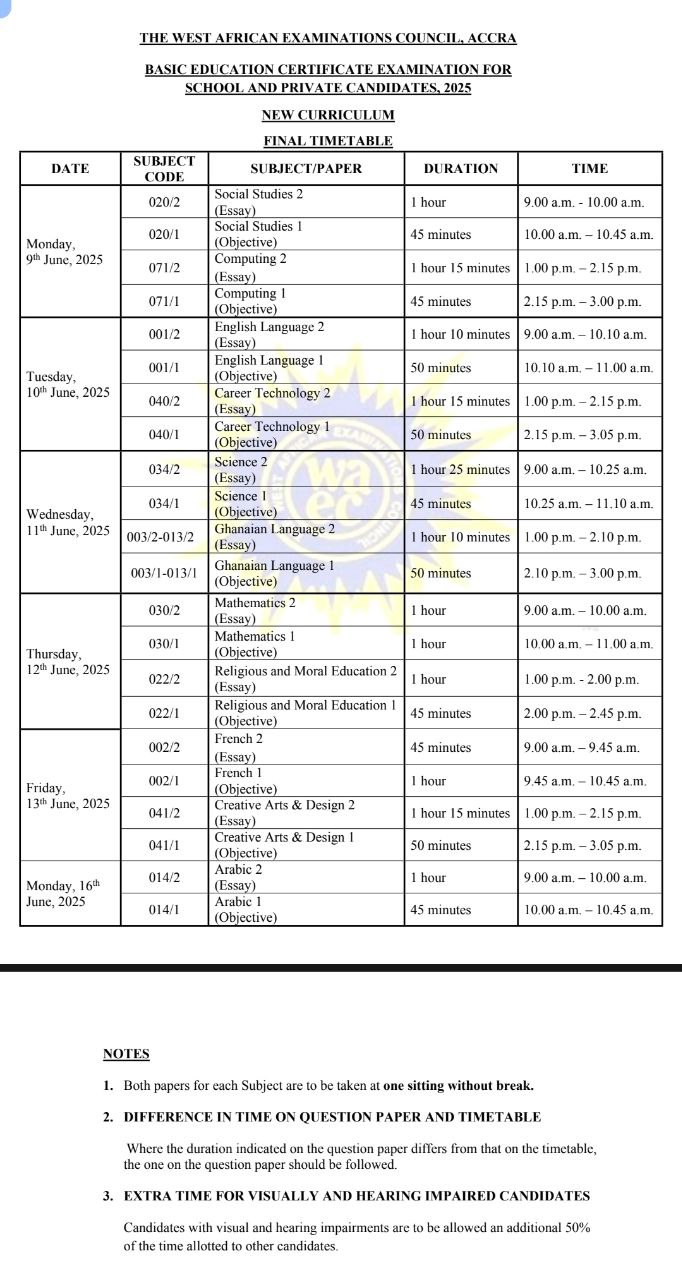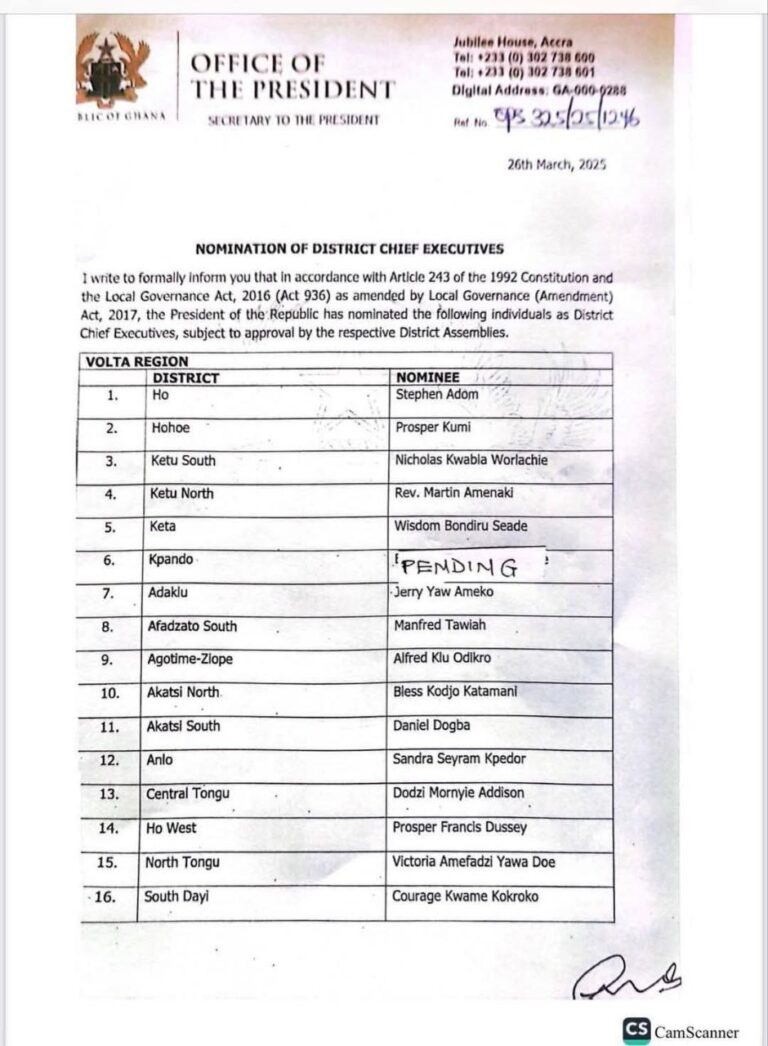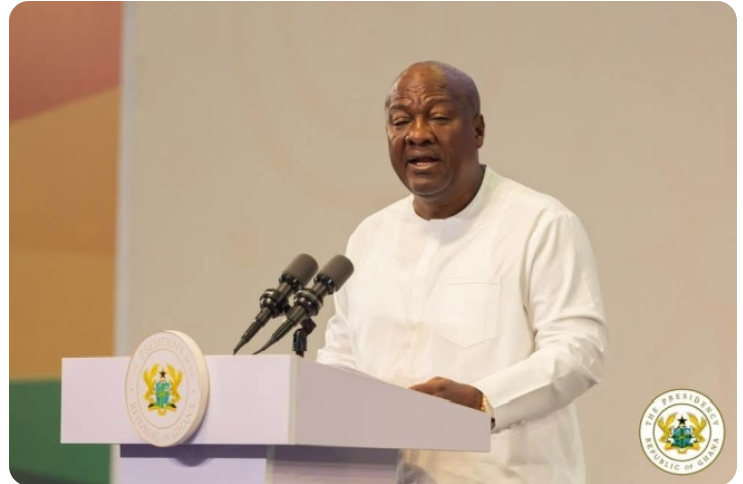
Government to Release Funds for Industries Under 24-Hour Economy – Trade Minister
Ghana is poised to take a significant leap toward economic transformation as the government prepares to unlock funding to support industries under the newly proposed 24-hour economy. This announcement was made by the Minister for Trade and Agribusiness, Elizabeth Ofosu Agyare, following the Independence Day celebrations on March 6, 2025.
The 24-hour economy policy, a cornerstone of the government’s economic strategy, aims to boost productivity, create jobs, and reduce reliance on imports by encouraging industries to operate round-the-clock. According to Mrs. Ofosu Agyare, the private sector has shown readiness to embrace this initiative, with many industries already preparing to operate in three shifts to maximize output.
“The 24-hour economy will support our import substitution agenda. Many of the industries coming on board will produce goods we currently import. If they can scale up, we will export more and strengthen the cedi,” the minister stated. She emphasized that the policy will focus on sectors capable of sustaining continuous operations, such as manufacturing, agribusiness processing, and services.
To ensure the success of this initiative, the government has engaged in discussions with the Minister for Finance and the Bank of Ghana to release funds currently trapped in banks. These funds will be channeled into agribusiness and the industrial value chain, addressing one of the major challenges faced by businesses: access to affordable financing.
“The National Economic Dialogue showed how much the private sector is willing to contribute if given the right support. One of the major takeaways was the need to free up locked funds in banks to support businesses. I will personally follow up to ensure these funds are made available,” Mrs. Ofosu Agyare assured.
President Mahama’s Vision for Economic Transformation
The 24-hour economy policy is part of a broader economic vision outlined by President John Dramani Mahama during his Independence Day address. He stressed the need for Ghana to shift from an economy that “sleeps at night” to one that operates continuously, driving productivity, job creation, and industrial growth.
“The era of an economy that sleeps at night must end. Ghana needs continuous productivity, more jobs, and a stronger export base. The 24-hour economy is not just a policy, it is a necessity,” President Mahama declared.
To support this initiative, the government plans to provide stable electricity, improved security, and better transport systems to facilitate night-time production and trade. Beyond the 24-hour economy, President Mahama also unveiled a $10 billion infrastructure project dubbed the ‘Big Push.’ This ambitious plan aims to expand roads, railways, and energy systems while creating thousands of jobs.
“This is a bold step towards building a Ghana that stands on its own industries and workforce instead of continuously seeking foreign assistance,” he said.
Agriculture as a Pillar of Economic Independence
President Mahama also highlighted the critical role of agriculture in reducing Ghana’s dependence on imports. His administration’s Agriculture for Economic Transformation Agenda seeks to strengthen local food production and cut the country’s $2 billion annual food import bill. Initiatives such as the Feed Ghana Programme and the Farm-to-Table Poultry Initiative will provide farmers with access to land, mechanized tools, and inputs while promoting large-scale food processing to stabilize prices.
“Our future prosperity depends on our ability to feed ourselves, produce what we consume, and export more than we import. That is the foundation of true economic independence,” he emphasized.
A Call for National Support
Both President Mahama and Trade Minister Ofosu Agyare urged Ghanaians to rally behind these transformative policies. They emphasized the importance of reducing dependence on donor aid, IMF bailouts, and excessive imports, asserting that the path to economic stability lies in productivity, innovation, and disciplined governance.
As Ghana embarks on this ambitious journey, the government’s commitment to unlocking funds, supporting industries, and investing in infrastructure and agriculture signals a new era of economic resilience and self-reliance. The 24-hour economy, coupled with the ‘Big Push’ infrastructure plan, promises to reshape the nation’s economic landscape, creating opportunities for growth, job creation, and sustainable development.
The success of these initiatives will depend on collaboration between the government, private sector, and citizens. With the right support and implementation, Ghana is poised to achieve true economic independence and a brighter future for all.


